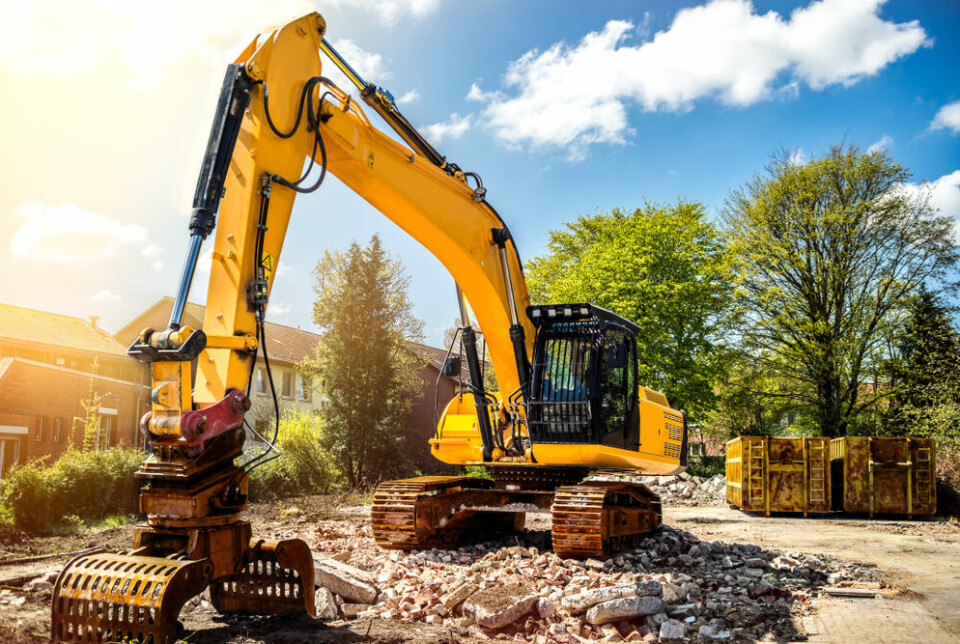No state payout for requisitioned homes built illegally in France
Properties built without permission do ‘not retain right’ to expropriation compensation, states new court ruling
Expropriation is a last resort when no amicable solution can be found
TimSiegert-batcam / Shutterstock
Property owners will no longer receive compensation when the state expropriates or buys the land it rests on if the property has had illegal construction carried out on it.
The change comes after two rulings by the Cour de cassation, France’s highest judicial court, in November 2023 and February 2024.
Previously, if a plot of land was expropriated – by either the state, local authorities, or any other public body – the owner was entitled to compensation, regardless of what was on the land (whether empty, the site of a commercial property or home, agricultural building, etc).
This also included the construction of any building/property extension on the plot built without permission, provided it was at least ten years old (this is the cut-off point for an illegal construction to be contested by local authorities in the courts).
Read more: Our French retirement haven is stuck between motorway and new TGV
Compensation reduced, then removed
In November 2023, the Cour de cassation ruled on a case of a man whose land was being expropriated.
He had illegally constructed a property on the plot (it had been built without prior planning permission) in an area where construction was altogether prohibited.
The building was over 10 years old, meaning its construction could not be challenged by the authorities, and nominally he was entitled to the same compensation rights as other owners whose land had been expropriated.
However, the court ruled that the value of his property and overall land should be reduced by 20% when calculating compensation due to the illegality of the construction (regardless of the fact it was constructed more than 10 years ago).
In February 2024 during a new hearing, the court simplified its ruling, stating the landowner was not eligible for any compensation.
The age of the building – being older than the statute of limitations for state authorities to contest construction – does not impact its illegality, the court said.
Existence on its own does not create “a legally protected right” for the property, if it was built in contravention of planning laws, and without this right compensation does not need to be paid when expropriation occurs.
The removal of the compensation relates – in theory – to the illegal construction itself. In the case above, all compensation was denied, as the illegally constructed property was the main building on the site.
However, in a situation where only a shed or extension was illegally constructed, only the compensation value for this aspect would be removed, with compensation for legal constructions still provided.
This being said, no such case has yet taken place, due to this being a new ruling.
Note this ruling does not change the 10-year time limit for local authorities to contest an illegal construction, just that it will no longer be taken into account for expropriation rulings.
Read more: Homeowners in France at risk of being sued by subcontractors
What is expropriation?
This is the process where the state or local authority can request the ownership of a piece of land that is privately owned (either by an individual or company).
It is usually done in cases of large public infrastructure projects, such as building a new rail route or sewage networks.
Expropriation can only be approved in cases where no amicable solution, such as a purchase of the land through a government offer, can be found, and must go through both an administrative and judicial process.
The overall usefulness of the project has to be verified to ensure the benefits of the construction outweigh the costs of the expropriation.
In some cases, the land or property may be returned to the owner once works are complete.
You can read more about it on the official Service Public website (the information is also available in English).





























